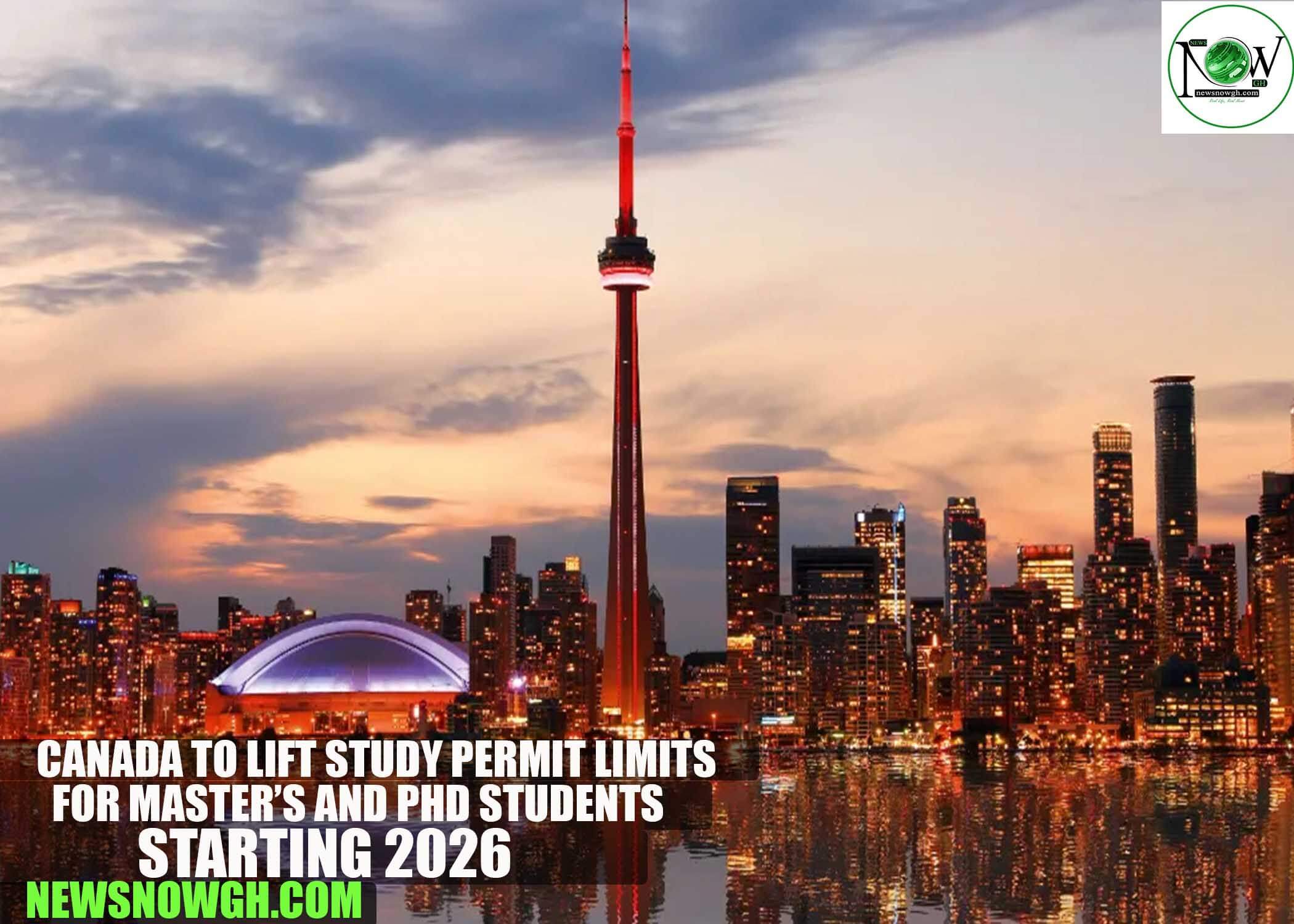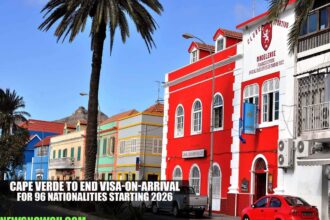Canada to Lift Study Permit Limits for Master’s and PhD Students Starting 2026
Exciting changes are on the horizon for international graduate students! Beginning in January 2026, Canada will eliminate study permit limits for master’s and PhD candidates at public universities. This change is designed to attract skilled individuals while carefully managing overall immigration numbers.
Key Updates for International Graduate Students
- When Will This Change Take Effect: Starting January 2026, the federal study permit cap will no longer apply to master’s and PhD students.
- Faster Visa Processing for Doctoral Applicants: PhD students from abroad will benefit from expedited processing of study permits within just 14 days. This quick service also extends to their family members.
- New Resources for Graduate Students: The Canadian government has created an informative webpage within the Immigration, Refugees, and Citizenship Canada (IRCC) site. This platform offers details about study programs, scholarship opportunities, and post-graduation work options.
Importance of This Policy Shift
This decision follows recent announcements to reduce the overall number of international students. While permits for undergraduate and college programs are being restricted, Canada is focused on attracting exceptional research talent. Graduate students are vital players in the country’s innovation landscape and are likely to stay in Canada after completing their degrees.
Overview of Future Student Intake
Here’s what the student intake is projected to look like from 2026 to 2028:
- 2026: 155,000 (Target: 150,000–160,000)
- 2027: 150,000 (Target: 145,000–155,000)
- 2028: 150,000 (Target: 145,000–155,000)
These figures apply specifically to new arrivals enrolling in programs that exceed six months at designated learning institutions (DLIs). Students in short programs or on visitor visas will not be included in this count.
Balancing Growth and Sustainability
The elimination of study permit caps is part of Canada’s strategy to keep the total population of temporary residents, including international students and temporary workers, below 5% by the end of 2027. This approach is a response to years of rapid growth, which has strained the housing, healthcare, and infrastructure systems.
Implications for Future Graduate Students
In summary, while Canada is tightening regulations for many international students, this policy ensures that master’s and PhD candidates, who play a crucial role in research and long-term economic development, will enjoy more flexible opportunities.
For those considering graduate studies abroad, these updates position Canada as a premier destination for advanced education. Seize this opportunity to advance your academic journey in a supportive and inclusive environment!
READ MORE
- Sri Lanka Relaxes Entry Regulations: Travelers Can Now Obtain ETA Upon Arrival
- Kuwait Replaces Border Fingerprinting with Mandatory Pre-Travel Biometric Registration
- China Introduces Digital Arrival Card and Broadens Visa-Free Transit Access
- China Extends Visa-Free Entry for 46 Countries Until 2026, Welcomes Sweden to the List
- Saudi Arabia Updates Health Insurance Regulations for Temporary Work Visa Holders
- U.S. Updates Visa Policy: Health and Financial Status to Play Bigger Role in Approvals









